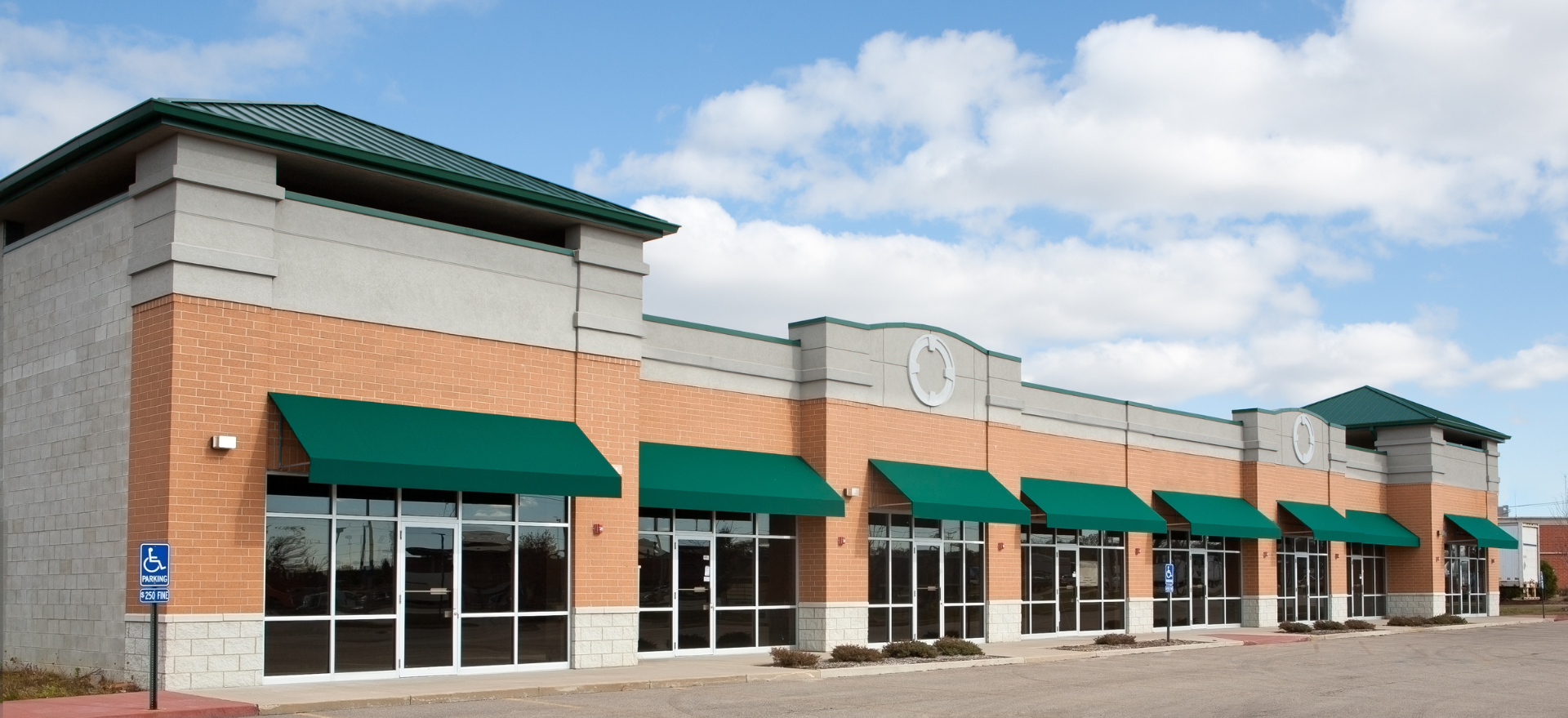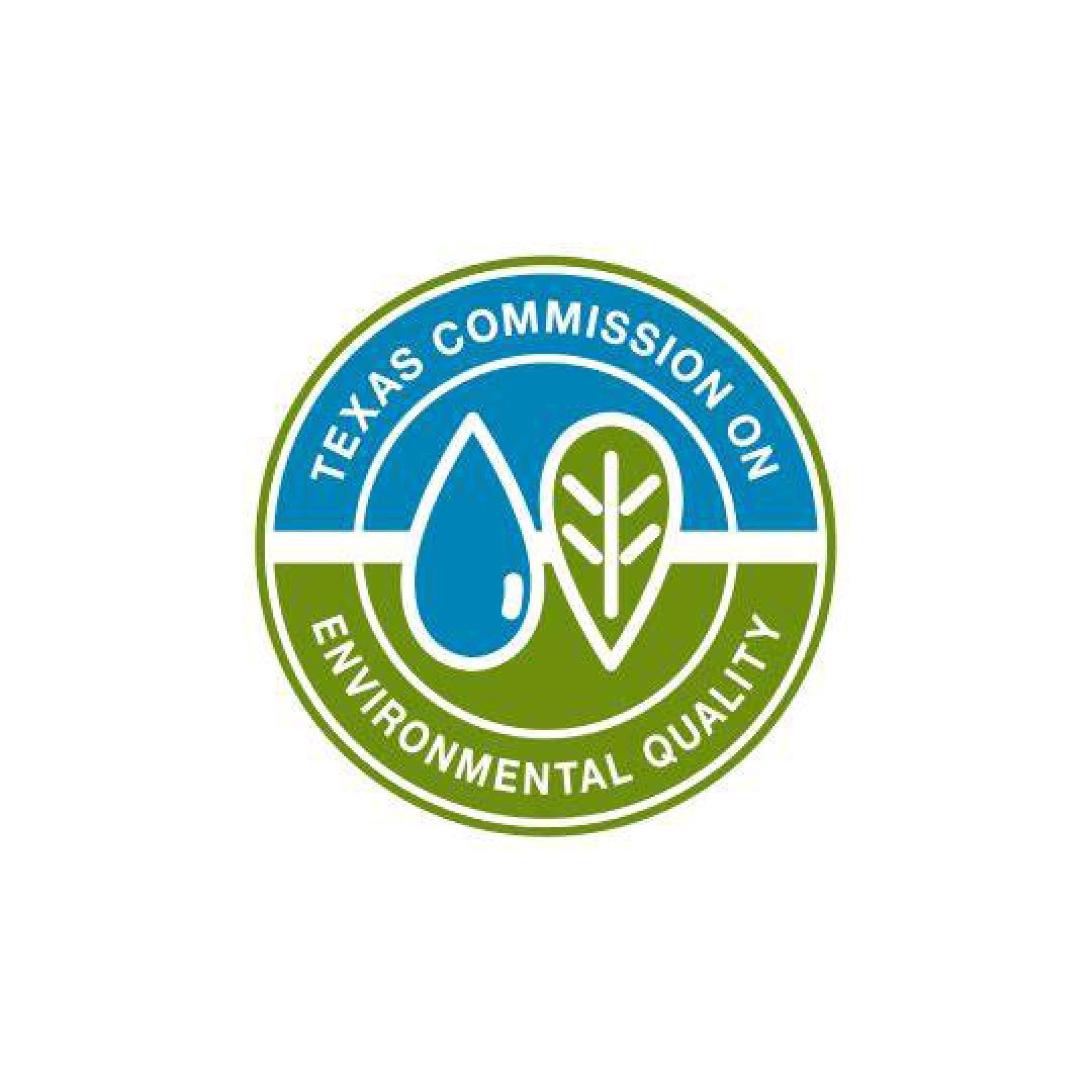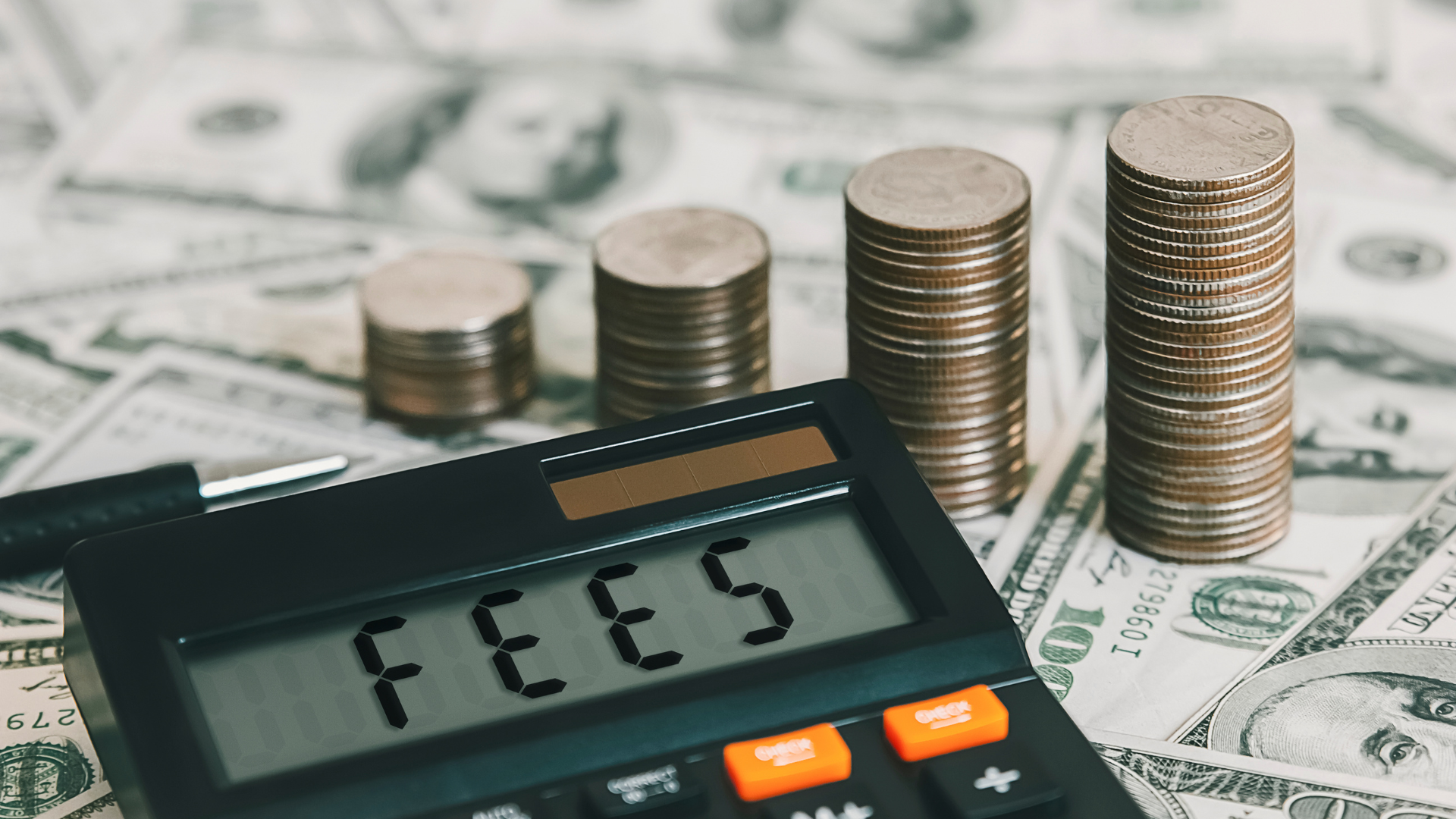Purchasing Commercial Property
Buying commercial real estate in Texas can be exciting, but let’s be real—it can also feel overwhelming. With so many opportunities in this fast-growing state, there are a lot of factors to think about before making your move. Whether you’re new to the game or have experience in the market, a strategic approach is key. Here’s a breakdown of what you need to know to make a smart investment in the Lone Star State.
1. Know the Market Before You Dive In
Texas is booming, no question about it. Cities like Austin, Dallas-Fort Worth, Houston, and San Antonio are hot spots for commercial real estate, but don’t overlook smaller cities and rural areas—they often come with hidden gems. The big drivers here are:
- Population Growth: Texas keeps growing, and more people means more businesses. That’s a win for commercial property owners.
- Industry Hotspots: The state is home to industries like tech, oil and gas, healthcare, and logistics. Knowing which industries thrive in your area can help you zero in on the best investment opportunities.
Take some time to dig into market trends and talk to local real estate pros who can clue you in on which areas are up-and-coming.
2. Location, Location, Location—And Zoning
Doing your homework here can save you a ton of headaches later.
3. Don’t Sleep on Financing Options and Perks
Purchasing commercial property isn’t like buying a house—it’s a whole different ballgame when it comes to financing. The good news? Texas is all about supporting businesses, and there are plenty of options to explore:
- Local Banks: Texas-based lenders often offer terms that reflect the local market.
Work with a financial advisor who knows the Texas market to get the most bang for your buck.
4. Do Your Homework (a.k.a. Due Diligence)
Once you’ve found a commercial property you like, take a step back and really investigate. Here’s where you should focus:
- Inspections: Hire someone to check the building from top to bottom—foundation, plumbing, roofing, all of it. Texas weather can be tough on buildings, so don’t skip this step.
- Environmental Issues: Some properties, especially industrial ones, might come with hidden surprises like soil contamination. Get an environmental assessment done to avoid costly surprises.
- Legal Stuff: Make sure the title is clean—no liens, no disputes. A good real estate attorney can help with this.
Taking your time here can save you from future headaches and unexpected costs.
5. Watch the Economy and Local Trends
6. Know Your Property Taxes and Insurance Costs
Texas has no state income tax, but property taxes can be steep. Make sure you’re factoring this into your budget.
- Property Taxes: Rates vary depending on the county and city, so check before you buy.
- Insurance: Depending on where the property is, you might need extra coverage for risks like flooding or hurricanes, especially in coastal areas. Don’t skimp—insurance is your safety net.
7. Keep an Eye on Infrastructure Projects
Texas is always building something new—highways, airports, you name it.
These projects can boost property values, so stay in the loop:
- Future Growth: Look at where roads or public transit are expanding. Areas with planned developments often become hot markets.
- Special Tax Zones: Be aware that some areas might have higher taxes to fund infrastructure improvements. It’s usually worth it in the long run, but it’s good to know upfront.
8. Don’t Forget Environmental Factors
9. Work With People Who Know Their Stuff
This isn’t something you should go at alone. A good team of
local experts can make all the difference:
- Real Estate Agents: Texas is massive, and each market has its own quirks. A local agent can guide you to the right areas and help you avoid overpaying.
- Attorneys and Accountants: From zoning laws to taxes, Texas has plenty of regulations to navigate. Professional advice is worth the cost.
10. Have a Game Plan
What’s your goal? Are you looking for rental income, a property to flip, or something to hold onto long-term? Knowing this upfront will shape your entire strategy:
- Buy-and-Hold: Focus on areas with steady growth and good tenant demand.
- Fix-and-Flip: Look for properties with value-add potential, but don’t underestimate renovation costs.
- Development: If you’re starting from scratch, make sure there’s demand for what you’re building.
Also, think about your exit strategy—whether that’s selling, leasing, or something else—before you buy.
Wrapping It Up
Purchasing commercial property in Texas can be a game-changer for your portfolio, but it’s all about making smart, informed decisions. Take the time to do your homework, surround yourself with the right team, and avoid rushing into deals. With the right approach, you’ll find a property that not only meets your needs but sets you up for long-term success.
At
CIP Texas, we specialize in helping investors navigate the complexities of the Texas market. Whether you’re looking for guidance, expert advice, or a partner to help you find the perfect property, we’re here to make the process easier. Texas is full of opportunities—let CIP Texas help you
find the one that’s right for you!







